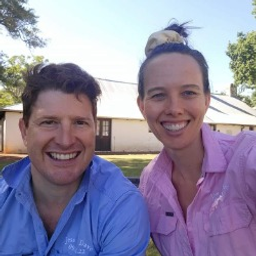Back
Invest all upfront or invest half and DCA rest? Pro's and Cons
Financial Independence
**Hello everyone,** We hope this finds you all well! We’d love some advice from the group. Recently, we read *Strong Money Australia* by Dave Gow (thank you, Dave!) and feel like we’ve finally found the investment strategy we’ve been searching for over the past 10+ years. We’re fully committed to investing in ETFs—primarily VDHG with a smaller percentage in DHHF—and are in the process of selling an investment property to kickstart this plan. Now, we’re trying to decide between investing the entire amount upfront or taking a blended approach: investing half (~$250,000) initially and dollar-cost averaging (DCA) the remaining $250,000 over the next six months, alongside starting automated monthly ETF investments. Would the main opportunity cost here be the potential six months of DRP gains we’d miss out on if we don’t invest the full $500,000 right away? Are there any other considerations we should keep in mind? It feels a bit overwhelming to invest such a substantial amount all at once, but if it helps bring our F.I.R.E. date forward by even six months, it’s something we’re definitely willing to consider. Thanks in advance for your thoughts and feedback! *Dave and Jess*
10 views
Share
0 likes
Comments (2)
Sign in to add a comment
Hi Dave & Jess,
Thanks for checking out the book, great to hear it’s been helpful!
There’s no right answer to this type of question, since there is psychological factors at play. I wrote an article which should help you figure out which road to take which you can find here: https://pearler.com/explore/learn/blog/how-to...
Basically yes, you are missing out on 6 months of potential market growth by leaving money on the sidelines. But remember, all this works on probabilities. There’s also the (lower) chance that markets fall and you will be better off with the DCA approach.
You’re gonna have to go with whatever you are comfortable with. If you’re otherwise keeping the money in a high interest savings account, then the opportunity cost is lower since the money is earning a half decent return in the meantime.
Hope that helps.
Dave
Reply
1 like

